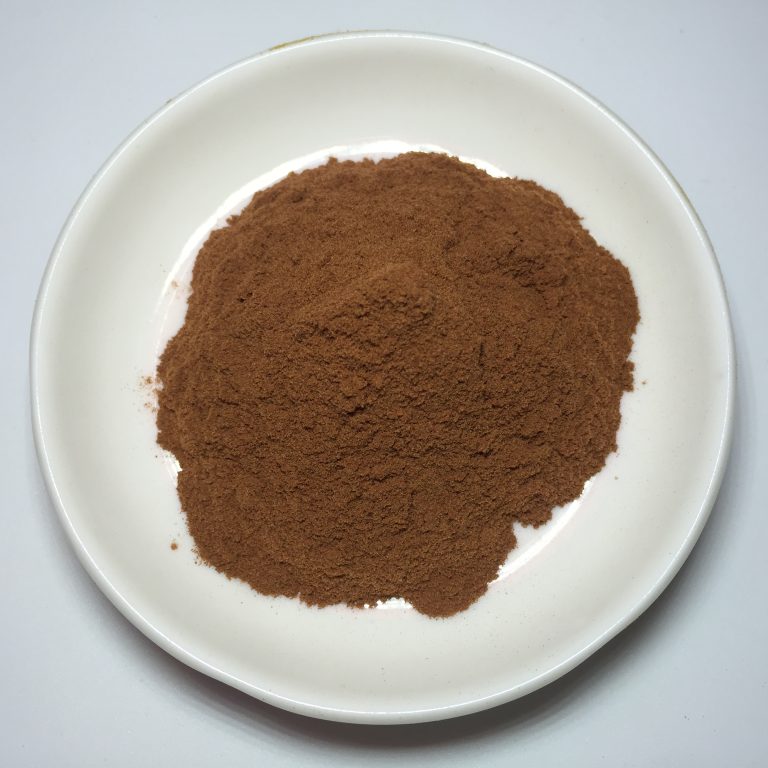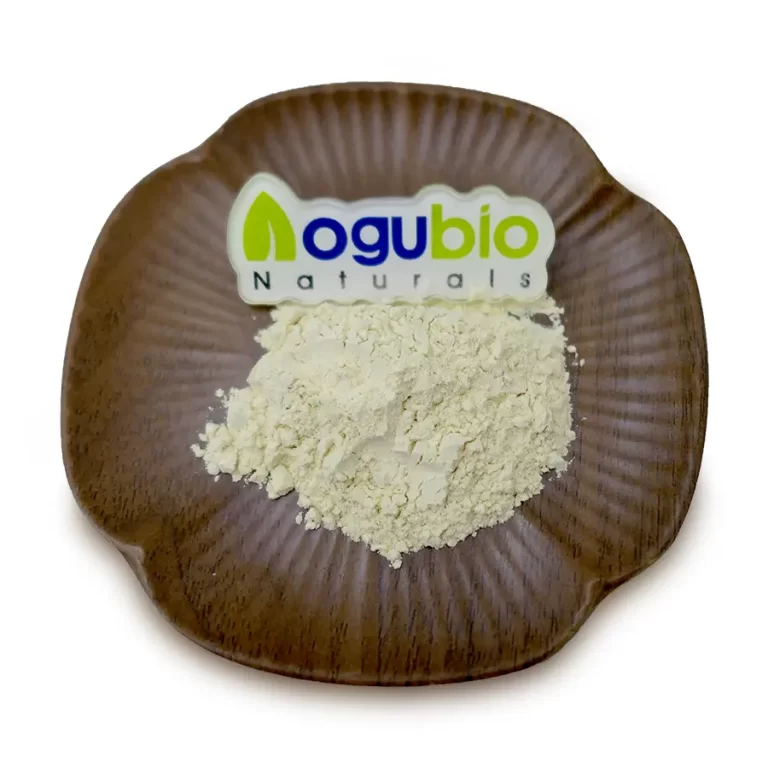Brewer’s yeast
2018-06-25
What is brewer’s yeast?
Brewer’s yeast is an ingredient used in the production of beer and bread. It is made from Saccharomyces cerevisiae, a one-celled fungus. Brewer’s yeast has a bitter taste.
Brewer’s yeast is also used as a nutritional supplement. It’s a rich source of chromium, which may help your body maintain normal blood sugar levels. It is also a source of B vitamins.
Brewer’s yeast is considered a probiotic and is used to aid digestion.

What does brewer’s yeast do?
Brewer’s yeast contains small organisms (microflora) that help maintain the proper functioning of the digestive tract.
Brewer’s yeast is a nutritional supplement and may enhance energy levels and strengthen the immune system. It’s a rich source of:
- chromium
- protein
- selenium
- potassium
- iron
- zinc
- magnesium
It is also a great source of B vitamins that provide:
- thiamine (B-1)
- riboflavin (B-2)
- niacin (B-3)
- pantothenic acid (B-5)
- pyridoxine (B-6)
- folic acid (B-9)
- biotin (B-7)
What are the benefits of brewer’s yeast?
The probiotic characteristics of brewer’s yeast may make it an effective way to prevent diarrhea. It has been used to treat other disorders of the digestive tract, including:
- diarrhea caused by antibiotics
- traveler’s diarrhea
- irritable bowel syndrome
- clostridium difficile colitis
- lactose intolerance
Brewer’s yeast can provide energy and may help maintain healthy skin, hair, eyes, and mouth. It may be effective at supporting the nervous system and enhancing the immune system.
The chromium in brewer’s yeast may help control sugar levels for patients with type 2 diabetes by improving glucose tolerance.

What are the side effects of brewer’s yeast?
You should speak with your healthcare provider before taking brewer’s yeast. Supplements such as brewer’s yeast can interact with certain medications.
The side effects of brewer’s yeast are generally mild. The most common side effects are excess gas, bloating, and migraine-like headaches.
Stop taking brewer’s yeast and contact your healthcare provider immediately if you experience chest pain, throat or chest tightness, or difficulty breathing. These side effects may indicate an allergic reaction to brewer’s yeast.
Brewer’s yeast is a source of B vitamins but it does not contain B-12. Inadequate amounts of B-12 can cause anemia, so it’s important to make sure you have sources of B-12 in your diet.
How to use?
Brewer’s yeast is available as a powder, flakes, liquid, or tablets. It is also an ingredient in beer and some kinds of bread.
The average adult dosage is one to two tablespoons daily. It can be added to food or mixed with water, juice, or shakes.
Consult with your healthcare provider before taking any supplements such as brewer’s yeast. No specific preparation is necessary to take brewer’s yeast. The powdered form can be taken alone or added to food or beverages.
Your doctor may recommend that you initially take smaller doses of brewer’s yeast in order to check for possible side effects.
Brewer’s yeast can interact with several different types of medications. Talk to your doctor before taking brewer’s yeast if you use:
- monoamine oxidase inhibitors (MAOIs): These include tranylcypromine, selegiline, and isocarboxazid. This type of medication is used for treating depression. The large amount of tyramine in brewer’s yeast can cause a hypertensive crisis when mixed with MAOIs. This reaction is an immediate and dangerous increase in blood pressure. It can cause a heart attack or stroke.
- meperidine:This is a narcotic pain medication. A hypertensive crisis can occur when brewer’s yeast interacts with this narcotic.
- diabetes medications: Brewer’s yeast may lower blood sugar levels. Taking it in combination with diabetes medications can place you at higher risk for lower than optimum blood sugar (hypoglycemia).
Consult your healthcare provider before taking brewer’s yeast if you are pregnant or breastfeeding. You should also use caution if you have a central venous catheter or any of the following conditions:
- diabetes
- Crohn’s disease
- frequent yeast infections
- yeast allergies
- weakened immune system
You may find it helpful to make a list of any conditions you have and medications you take in advance of visiting your healthcare provider. That way you can work together to determine whether brewer’s yeast is a good fit for your health needs.






 Imaherb China manufacturer supply Apple Extract Powder
Imaherb China manufacturer supply Apple Extract Powder Imaherb China manufacturer supply Apigenin Powder 98%
Imaherb China manufacturer supply Apigenin Powder 98% Imaherb Factory supply Alpha Lipoic Acid Powder CAS 1077-28-7
Imaherb Factory supply Alpha Lipoic Acid Powder CAS 1077-28-7 Imaherb Factory supply Alpha GPC Powder CAS 28319-77-9
Imaherb Factory supply Alpha GPC Powder CAS 28319-77-9 Imaherb Factory supply Alliin Powder 98% CAS 556-27-4
Imaherb Factory supply Alliin Powder 98% CAS 556-27-4 skype
skype Sales Manager
Sales Manager Rebekah
Rebekah Rachel
Rachel Miranda
Miranda Camilla
Camilla
 Sales Manager
Sales Manager